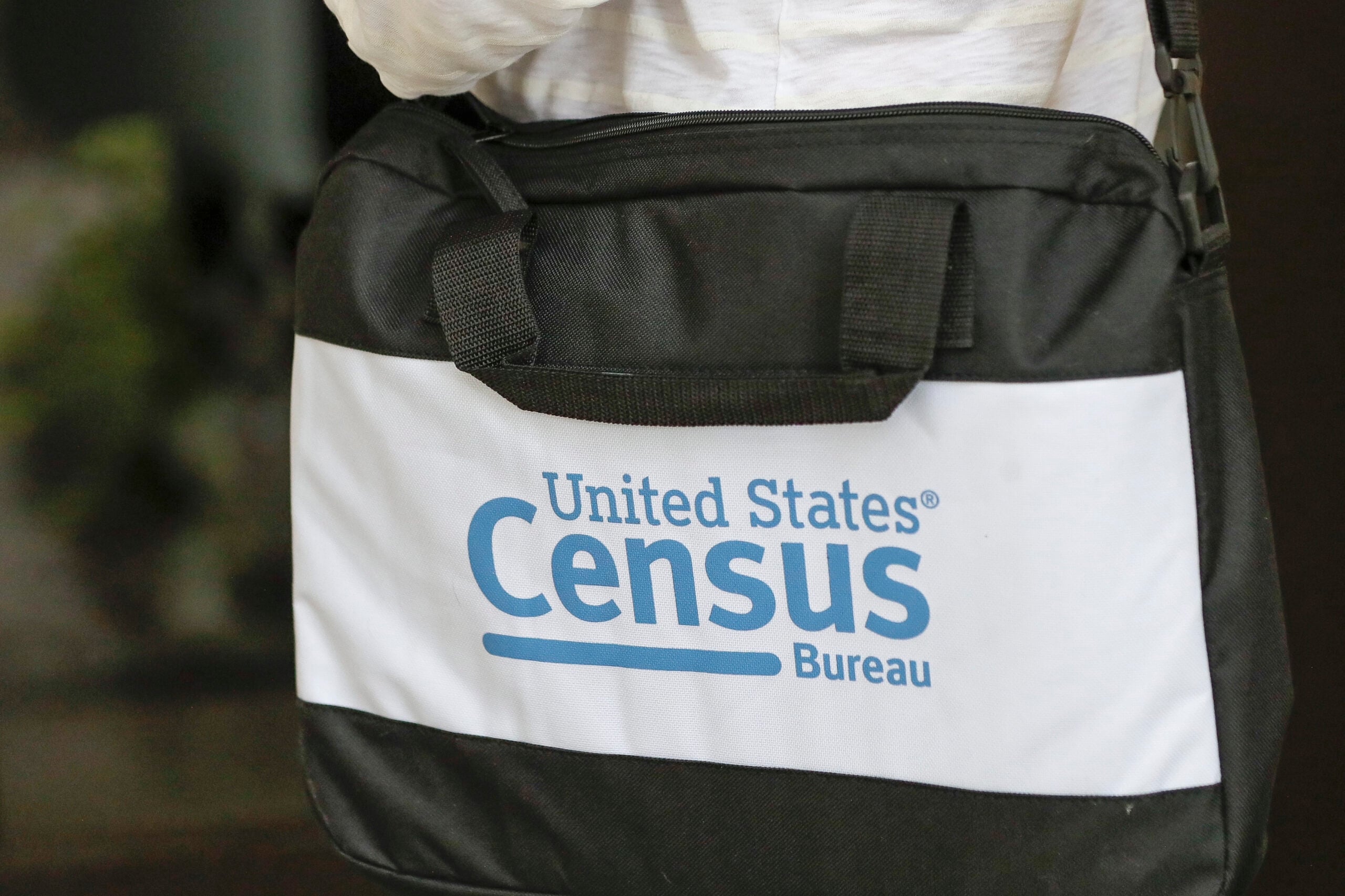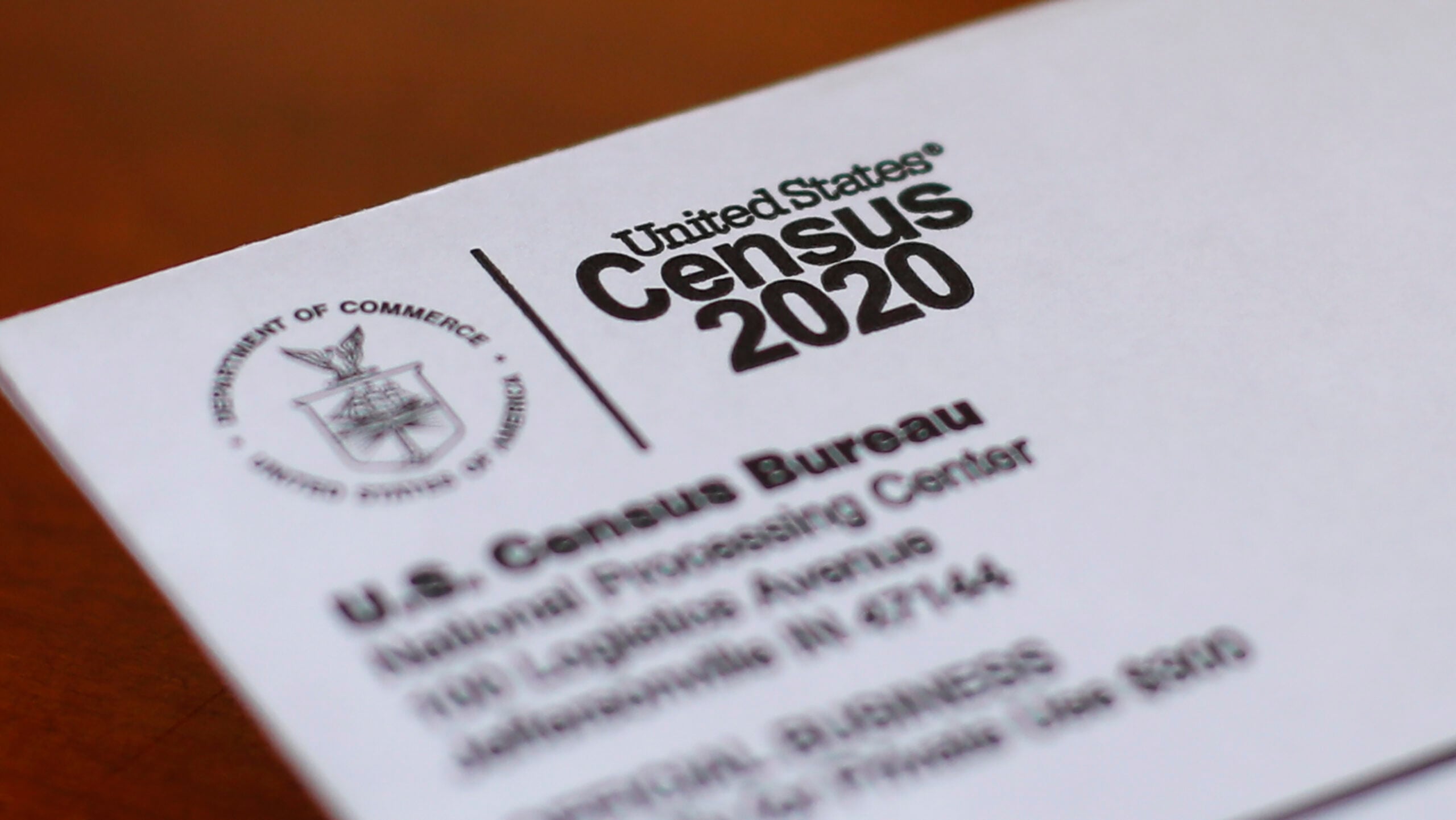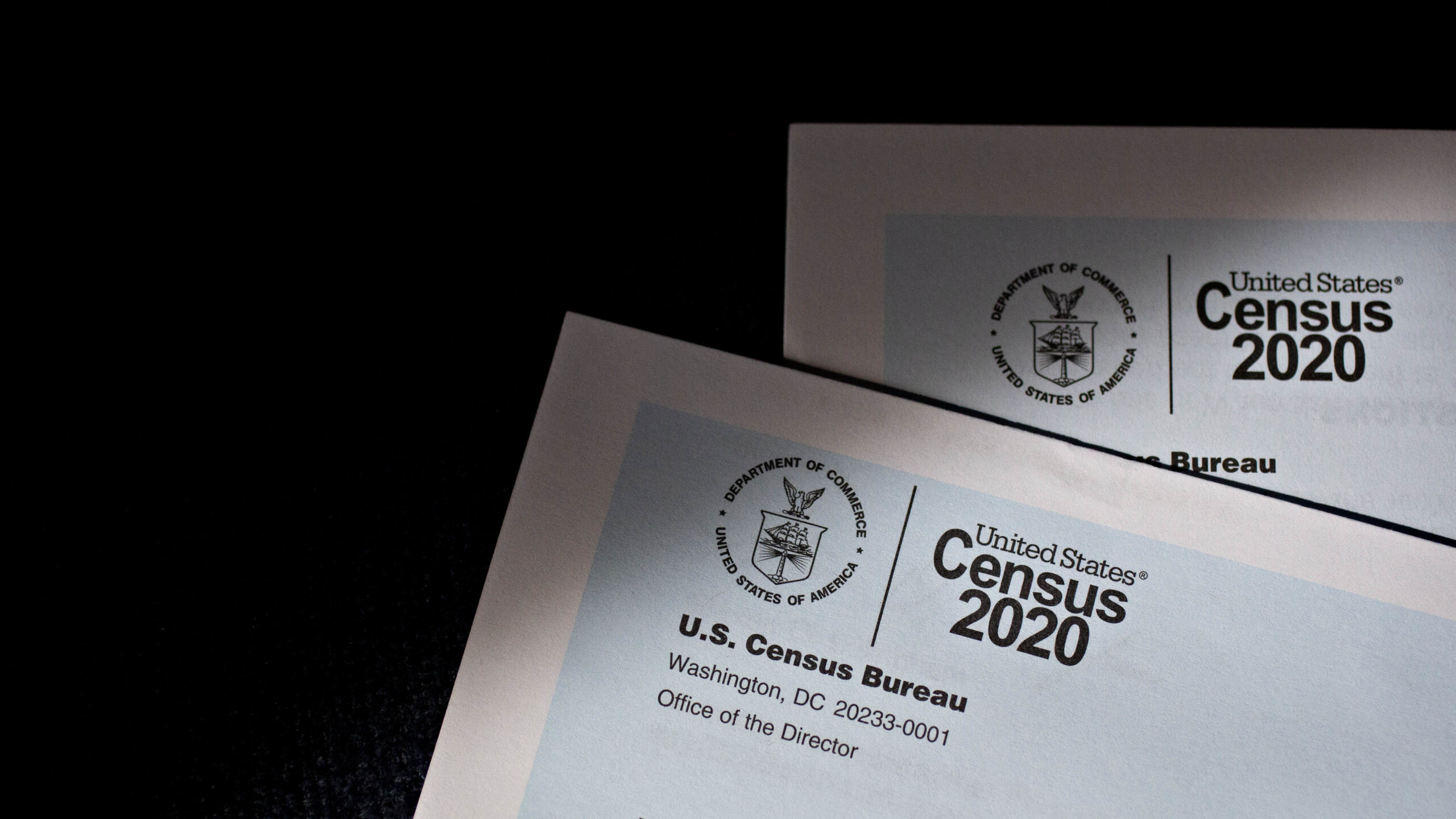Census door knockers in Georgia will stop counting people early Thursday evening. A ruling from the Supreme Court on Tuesday allows the Census to stop counting before the end of the month.
“Time is running out, and it’s running out fast,” said Marilyn Stephens, assistant regional census manager for the Atlanta region, which includes Florida, Alabama and Louisiana, as well as several other states in the South.
Stephens said residents will still be able to fill out the Census online anytime before 6 a.m. Friday.
Though the deadline to complete the Census is hours away, some researchers and advocates still think there’s a chance to at least ensure the information collected from the Census is as accurate as possible. They say it’s time for Congress to step in.
“That really is our way out of this mess. Is if Congress makes the decision and changes that final deadline,” said Rebecca DeHart, CEO of the Georgia-based organization Fair Count.
By law, Census estimates have to be delivered to the President by Dec. 31. The Trump administration argues that it needs to cut counting short to make sure those estimates are delivered on time. But with the shortened timeline of counting people, advocates are concerned about the integrity of the data. DeHart and others are calling on Congress to extend the time Census numbers have to be delivered to the President.
U.S. Sen. David Perdue of Georgia is a co-sponsor of a Senate bill that would extend the delivery of Census estimates to April 2021.
A 2021 deadline, however, could mean those Census numbers could be delivered to a different President. Over the summer, President Trump issued a memo ordering undocumented immigrants to be excluded from reapportionment numbers. Reapportionment determines how many seats a state gets in Congress. Because of Georgia’s population growth, the state gained an extra congressional seat after the 2010 Census, totaling 14 seats in the U.S. House of Representatives. Census estimates also determine federal money for more than 300 programs, including unemployment insurance, small business loans, SNAP, Pell grants and WIC.
About 62% of households in Georgia have self-responded to the Census. That’s behind the national rate, which is nearly 67%. Atlanta’s self-response rate is about 59%. Census door knockers have been in the field since August attempting to count people who have yet to respond.
DeHart said the trimmed deadline will lead to an egregiously inaccurate count in Georgia. The Census has historically undercounted African Americans, immigrants and young children.









